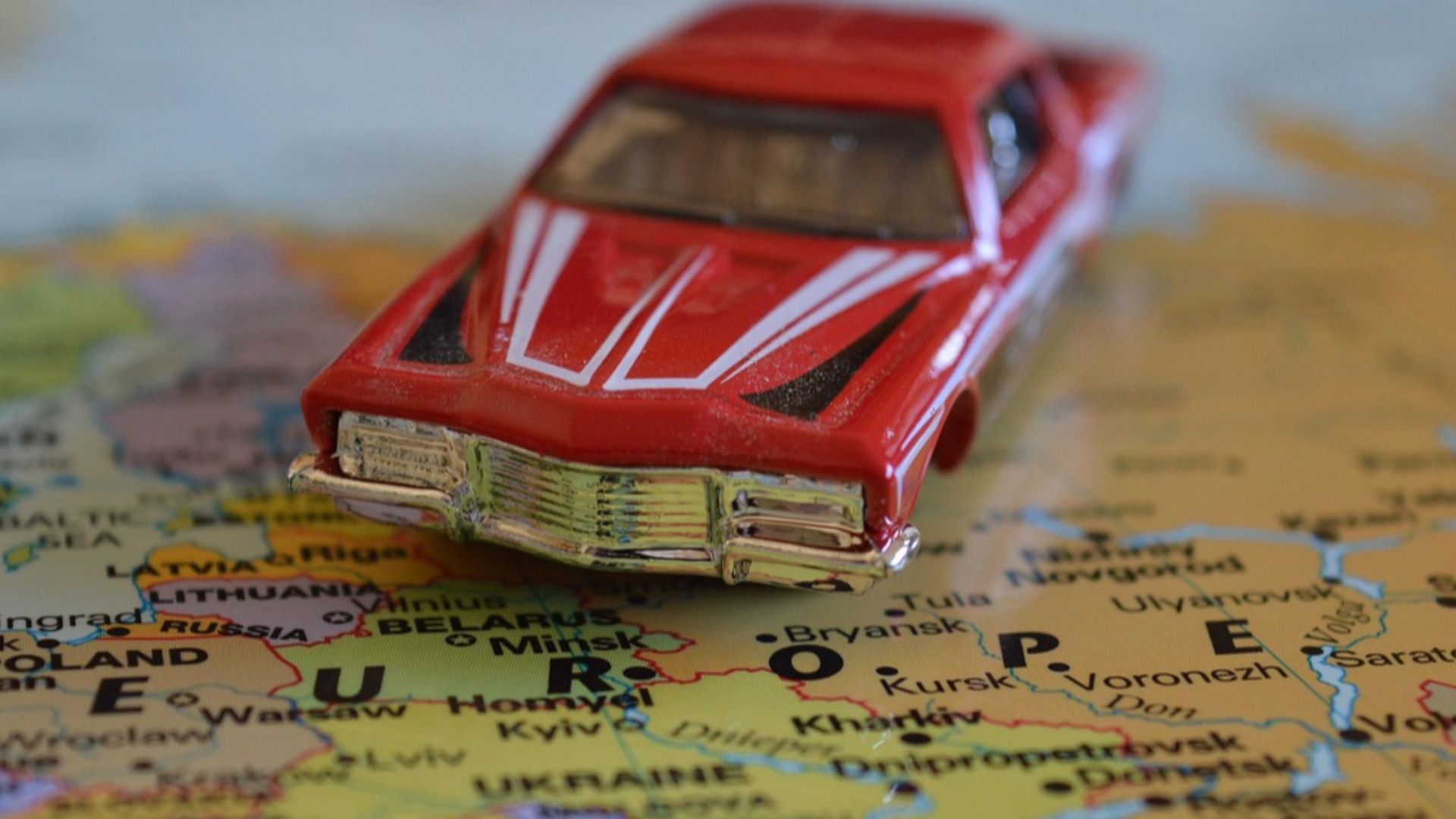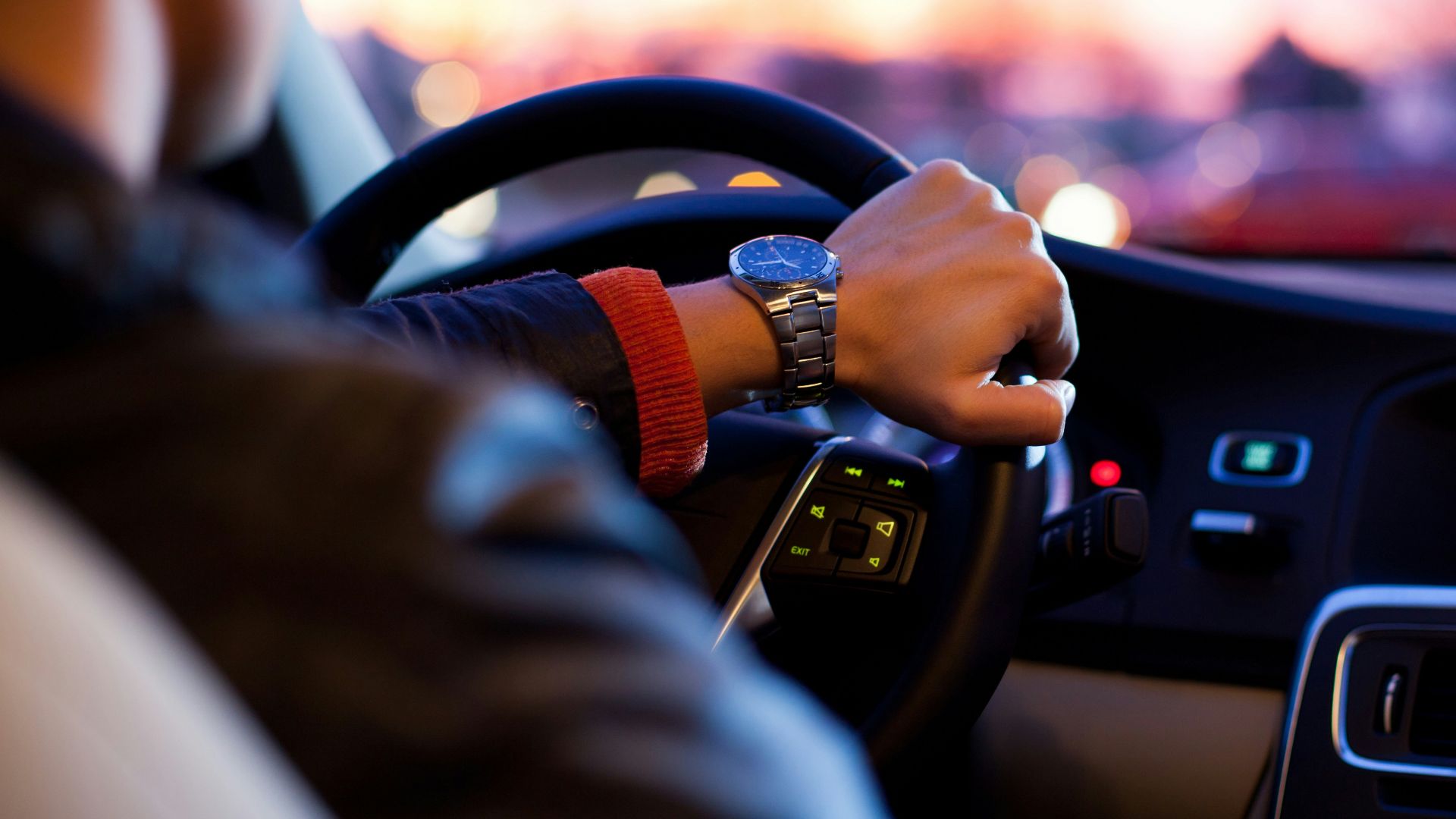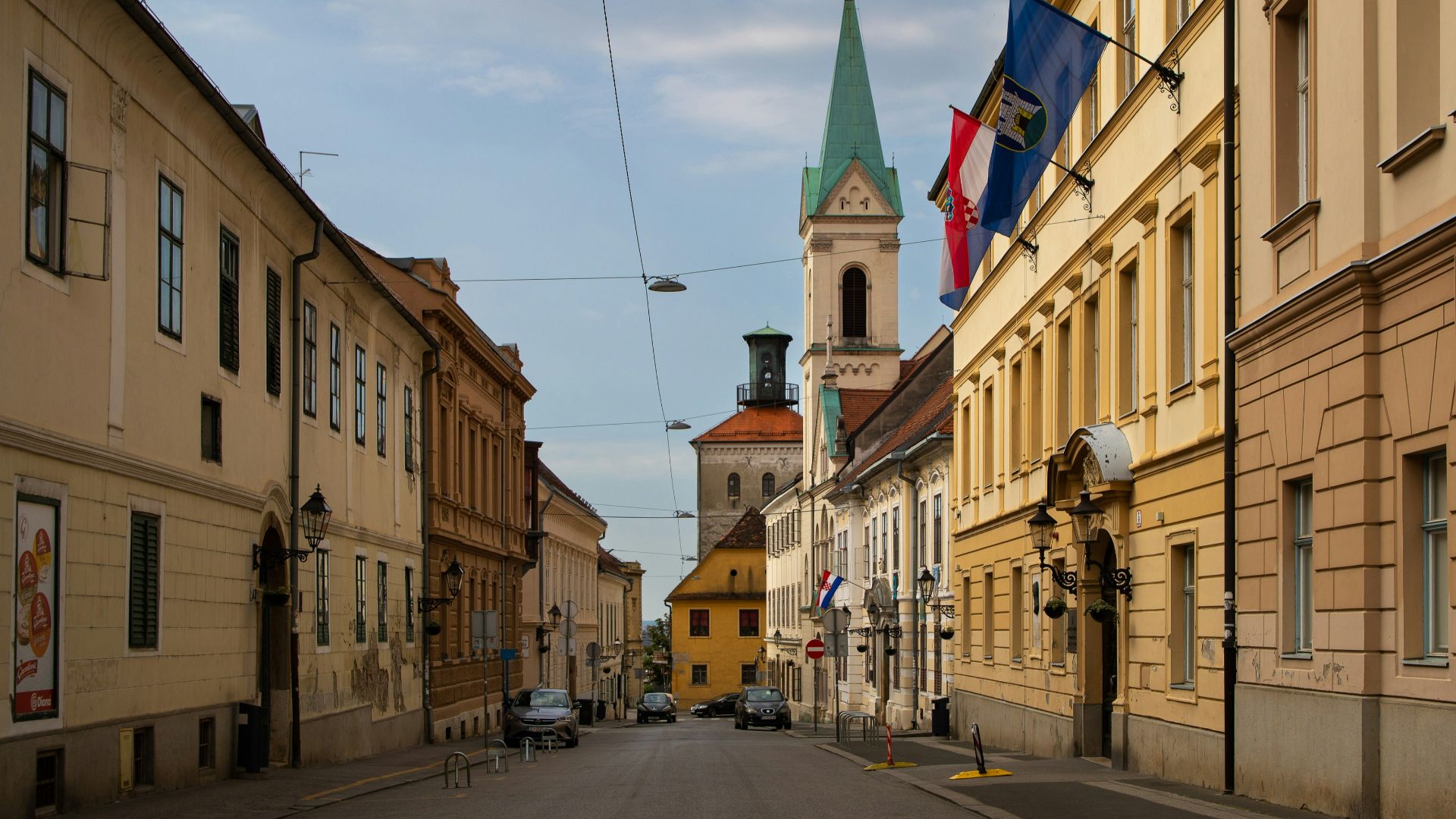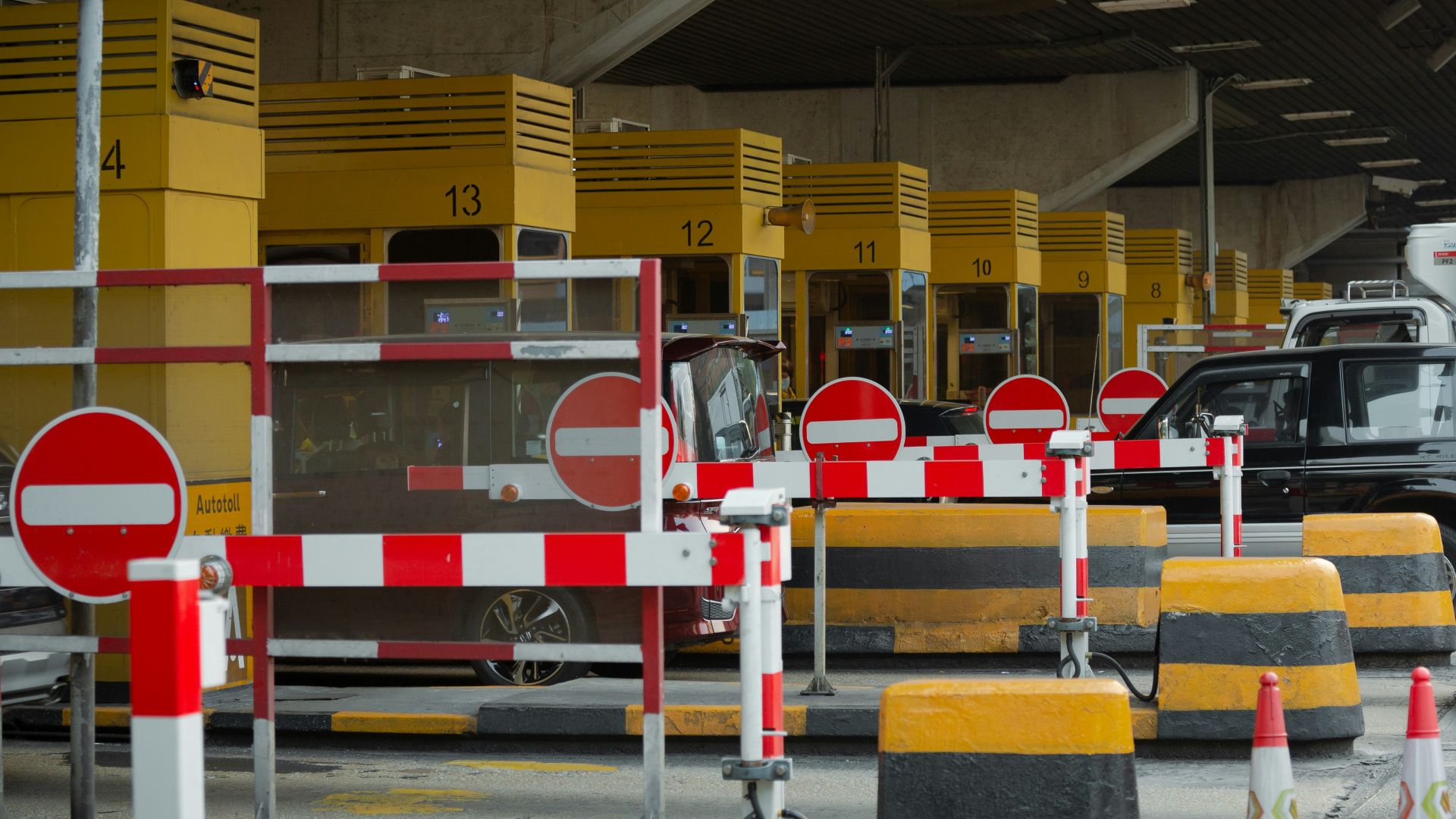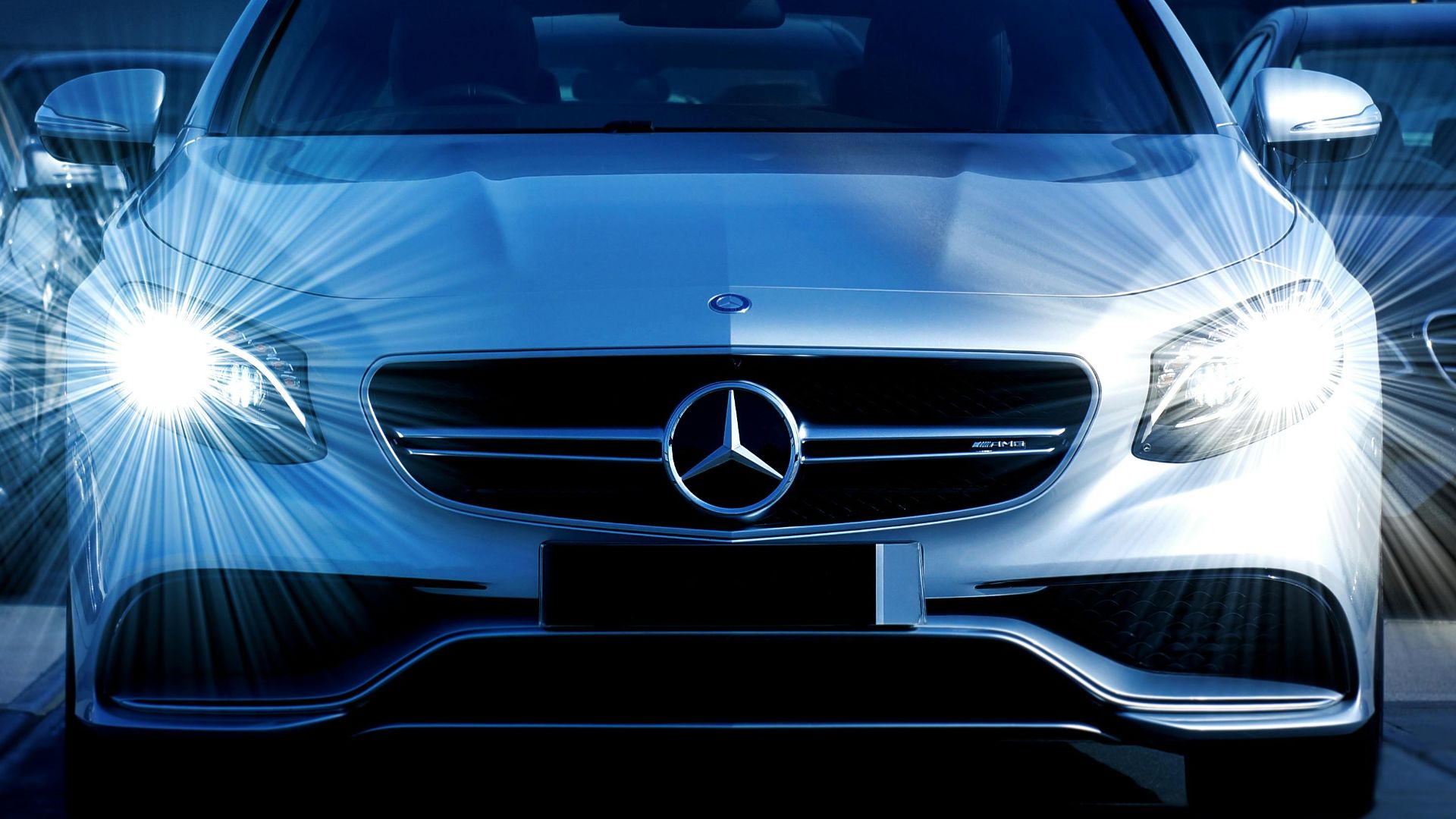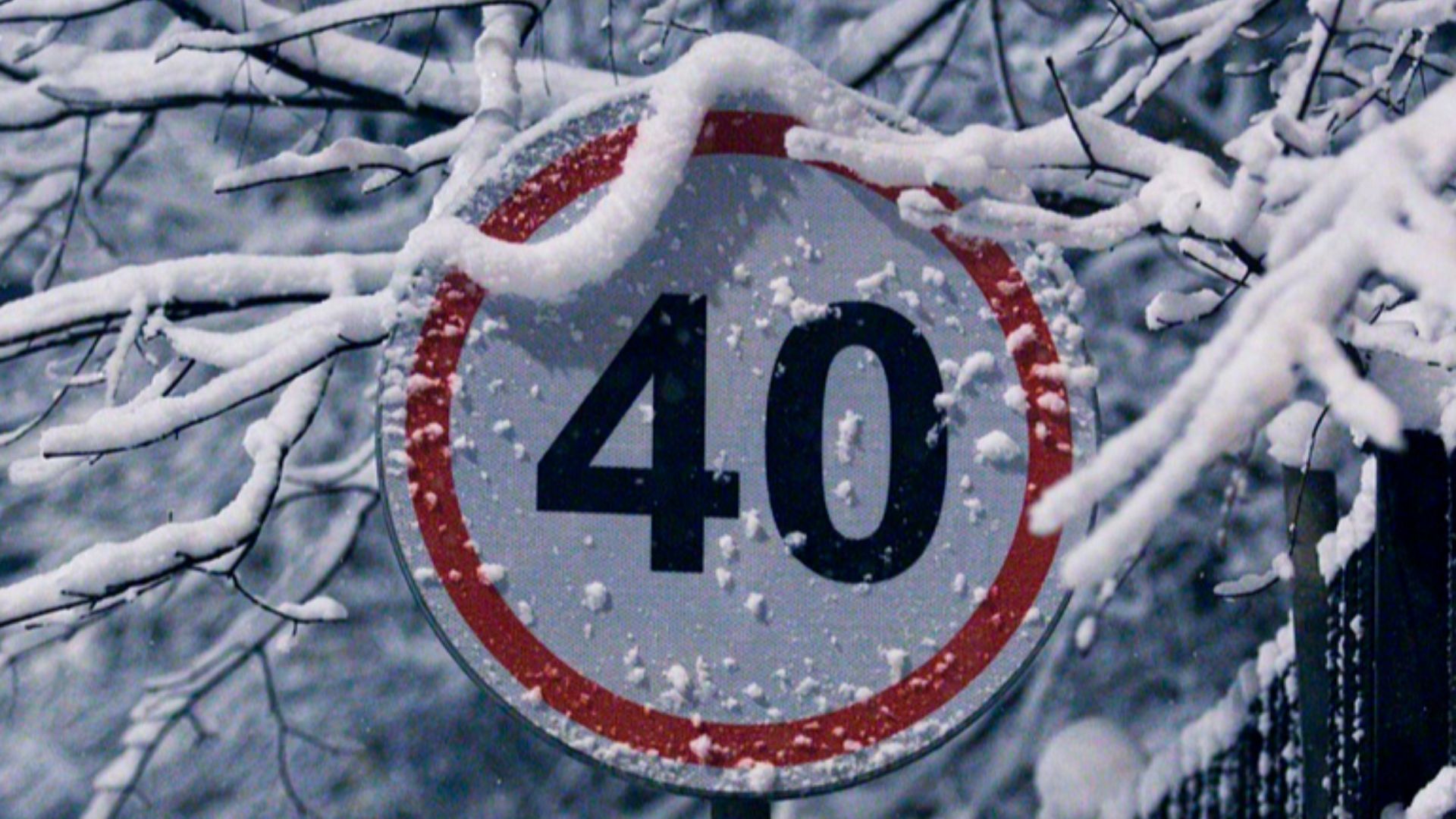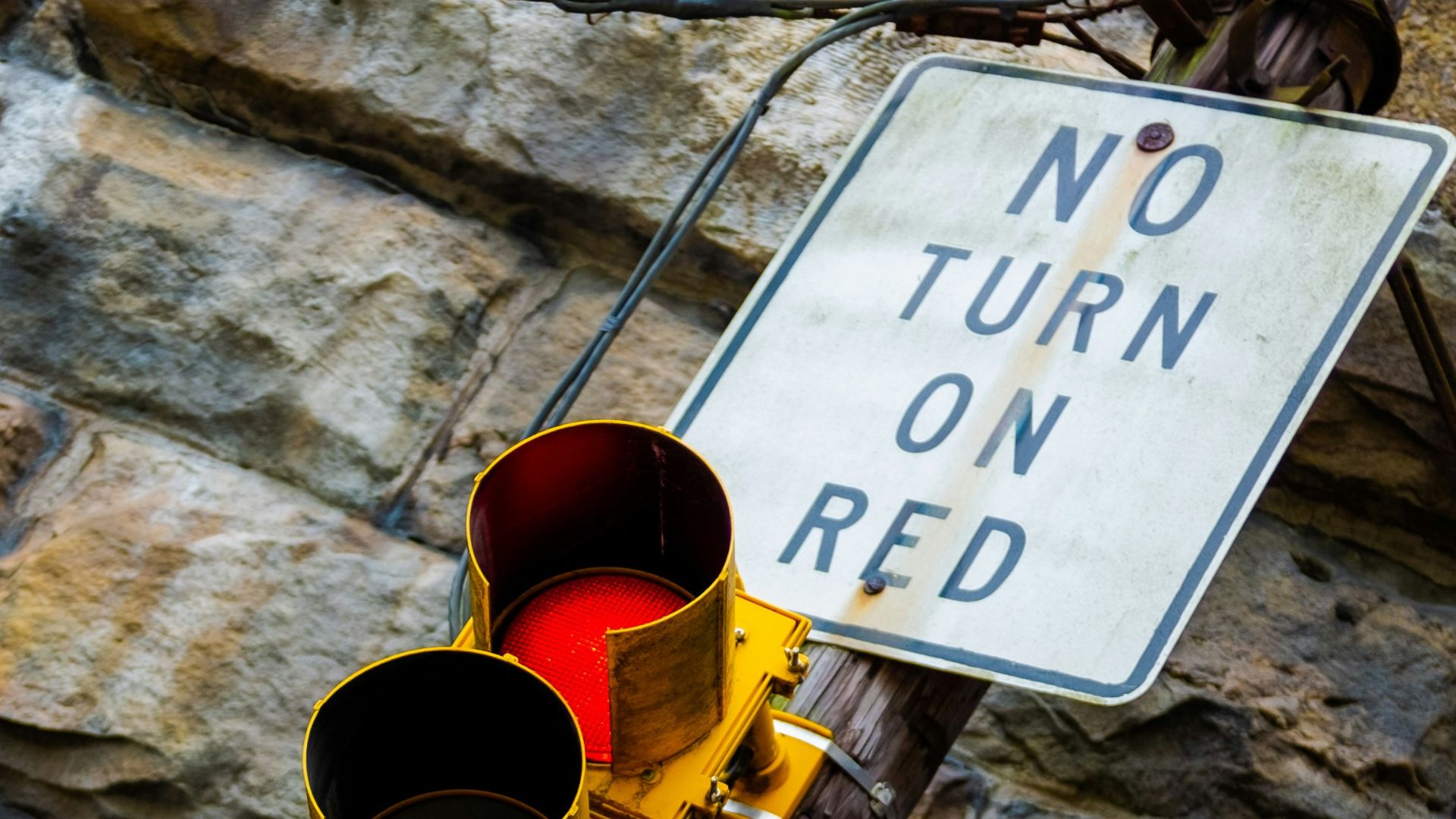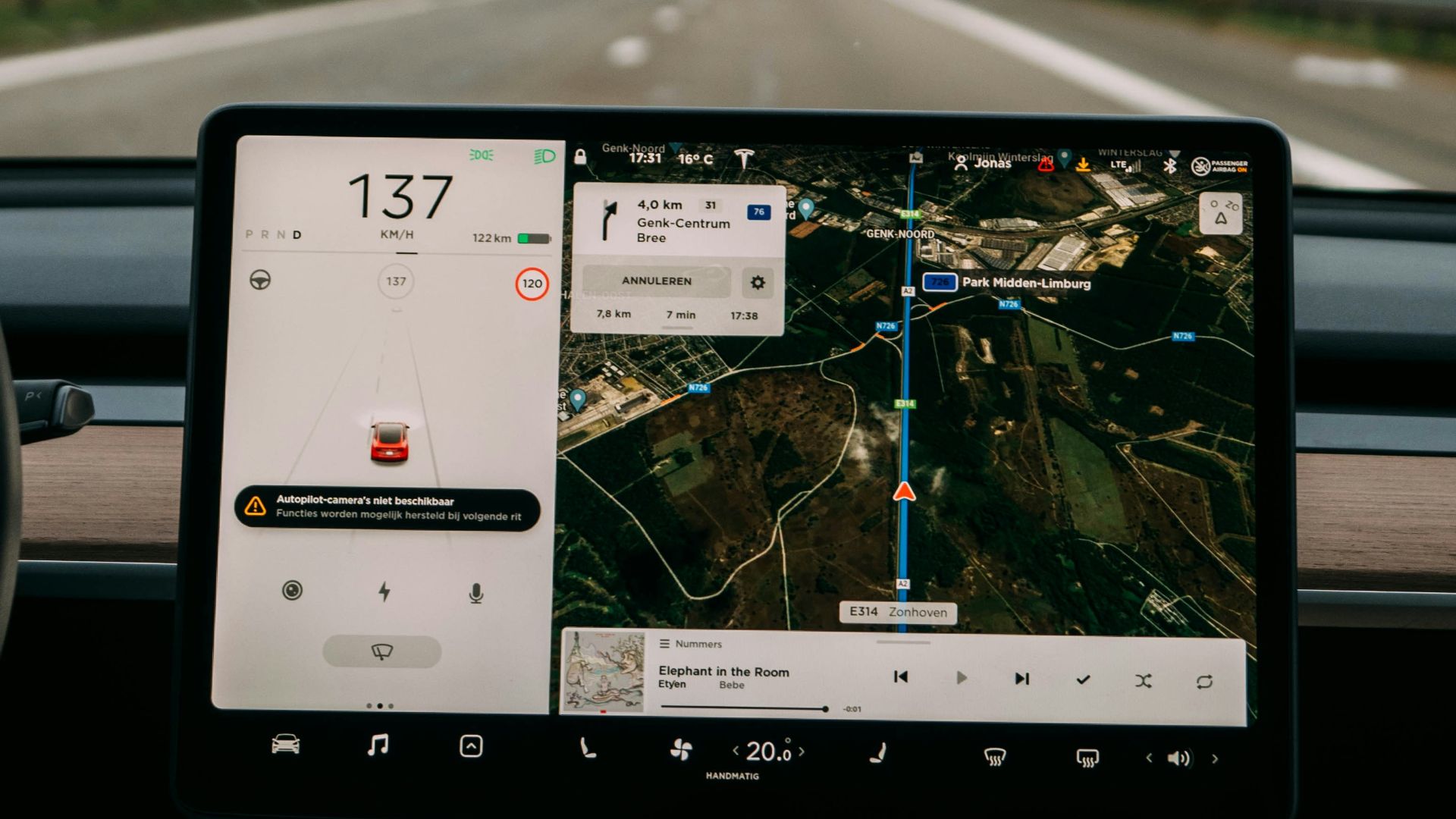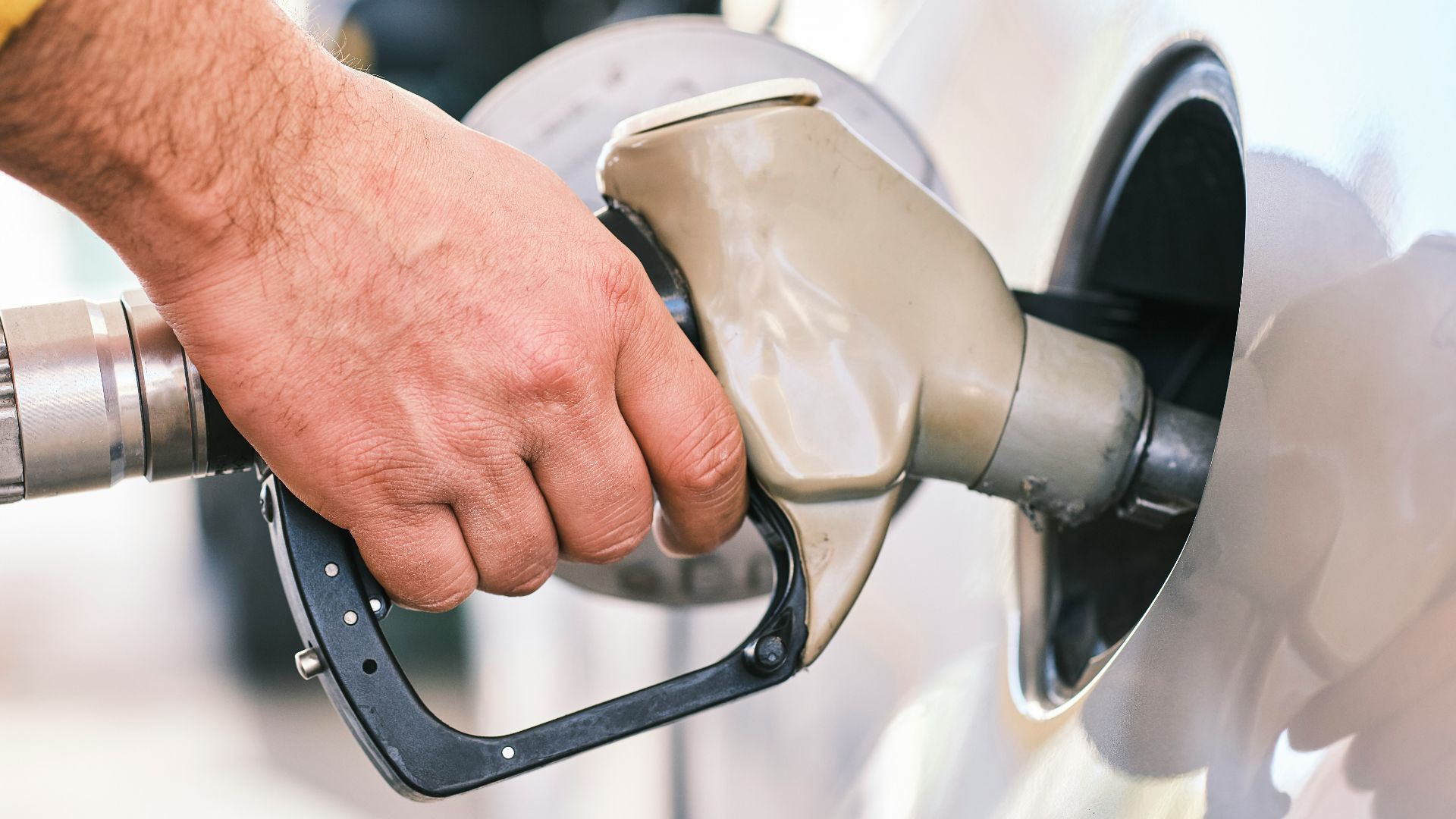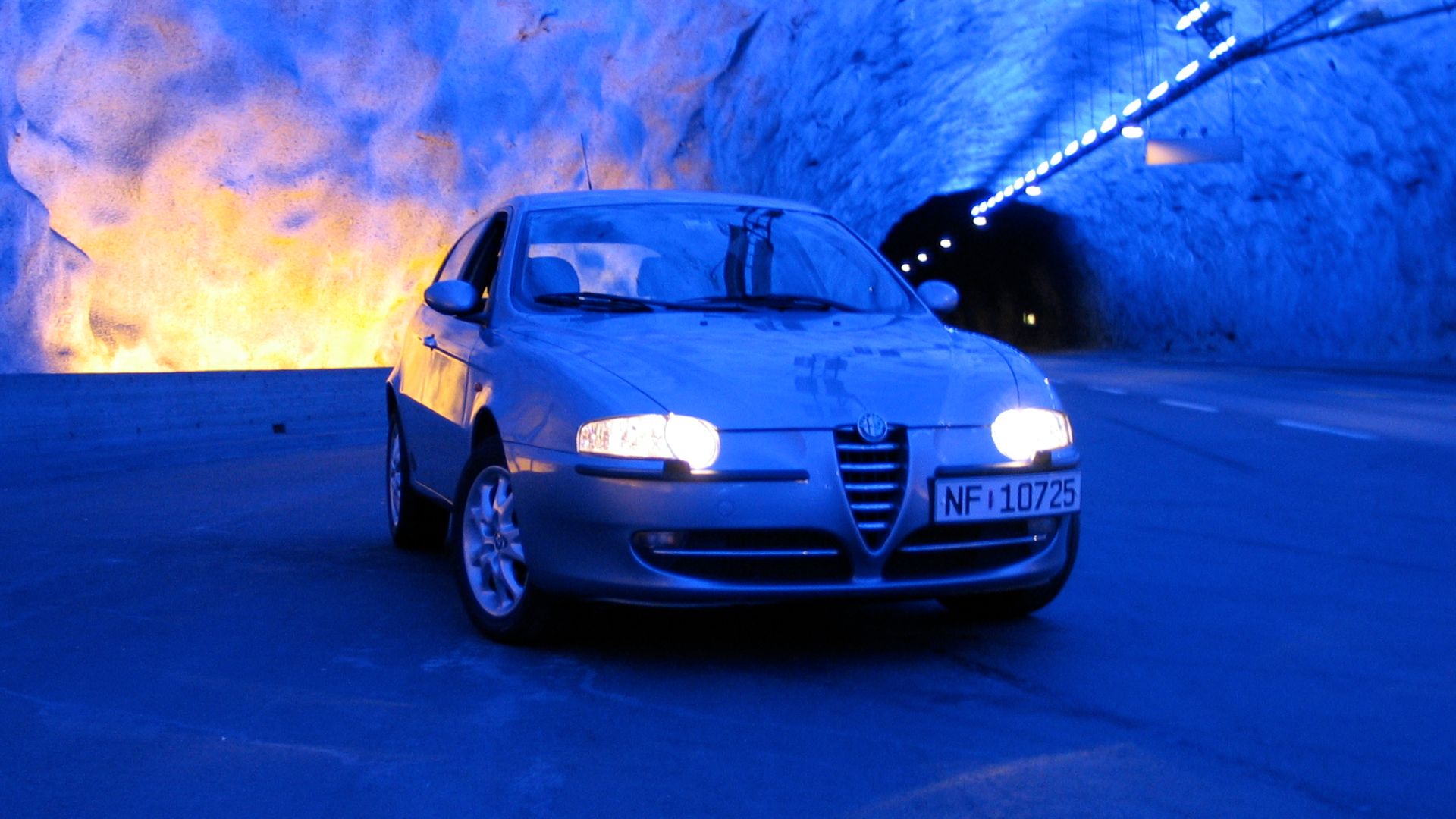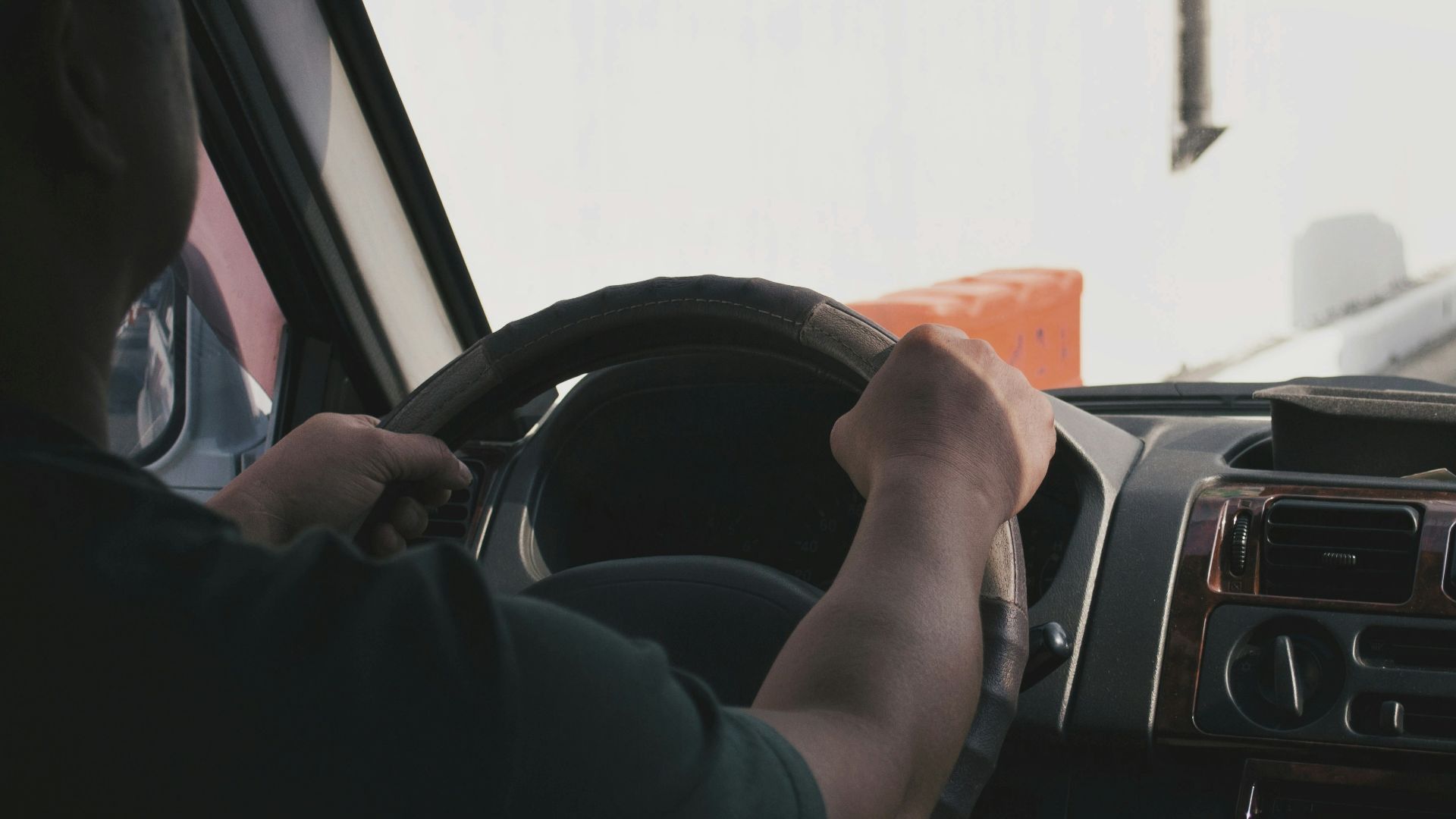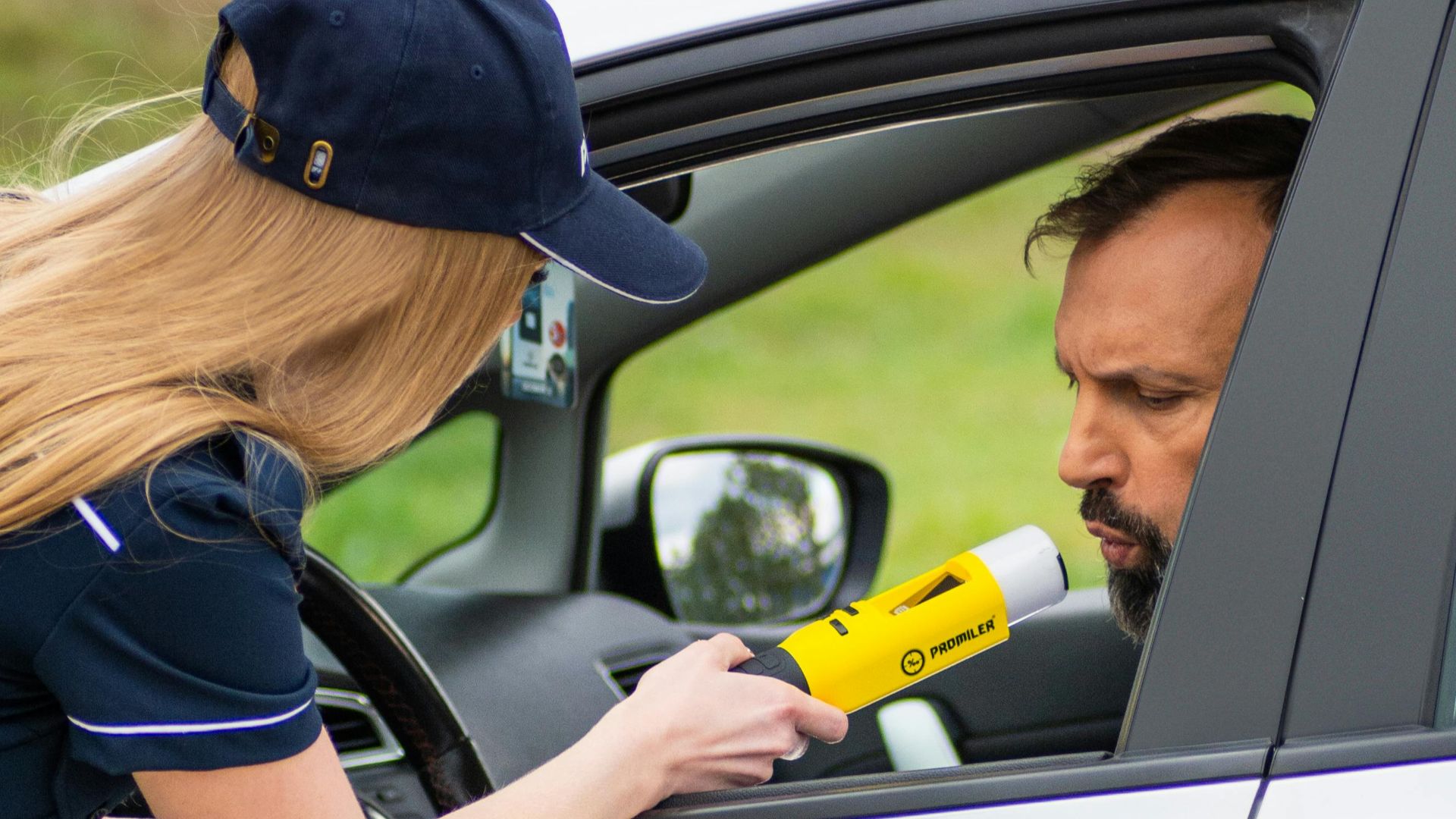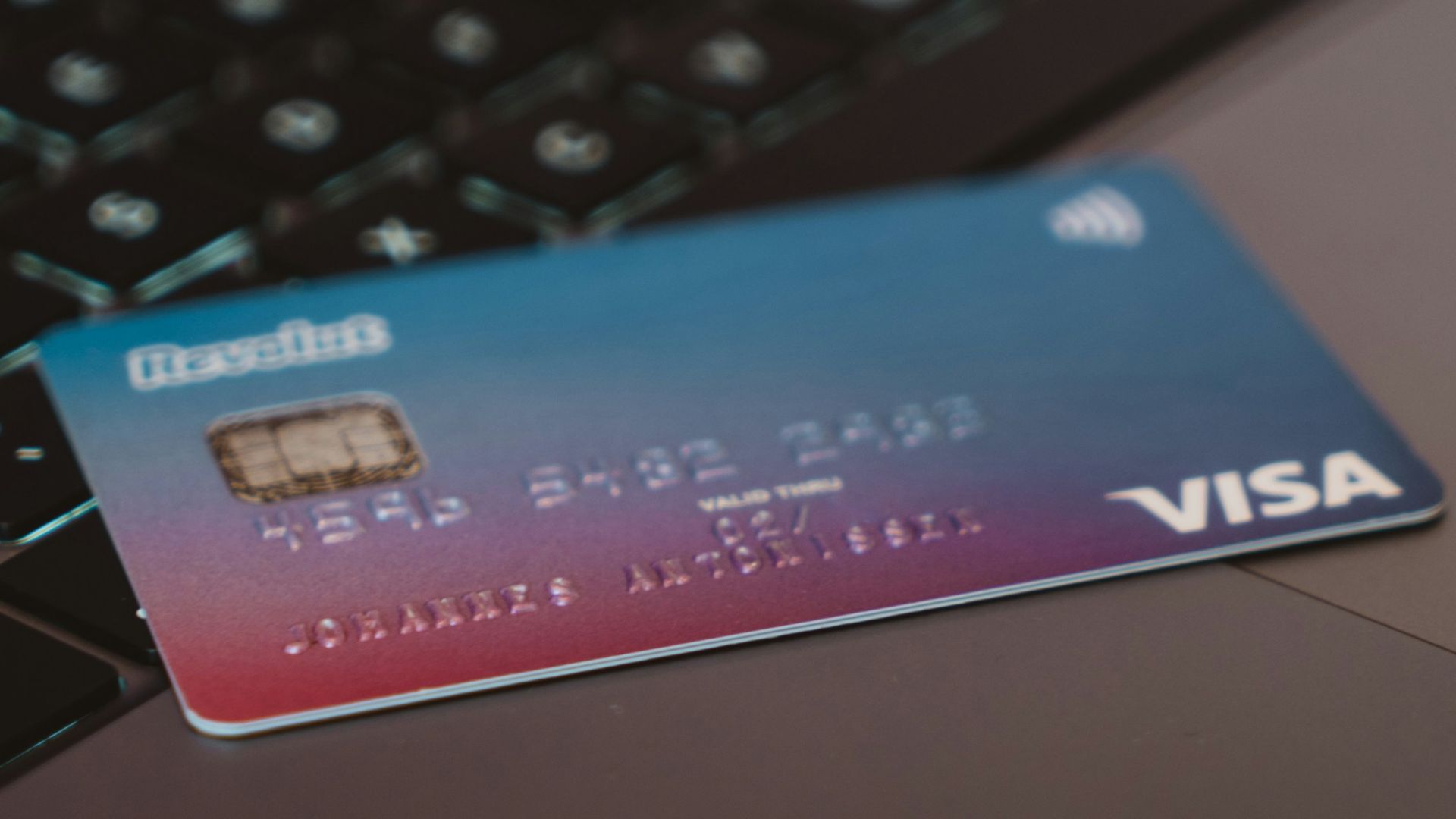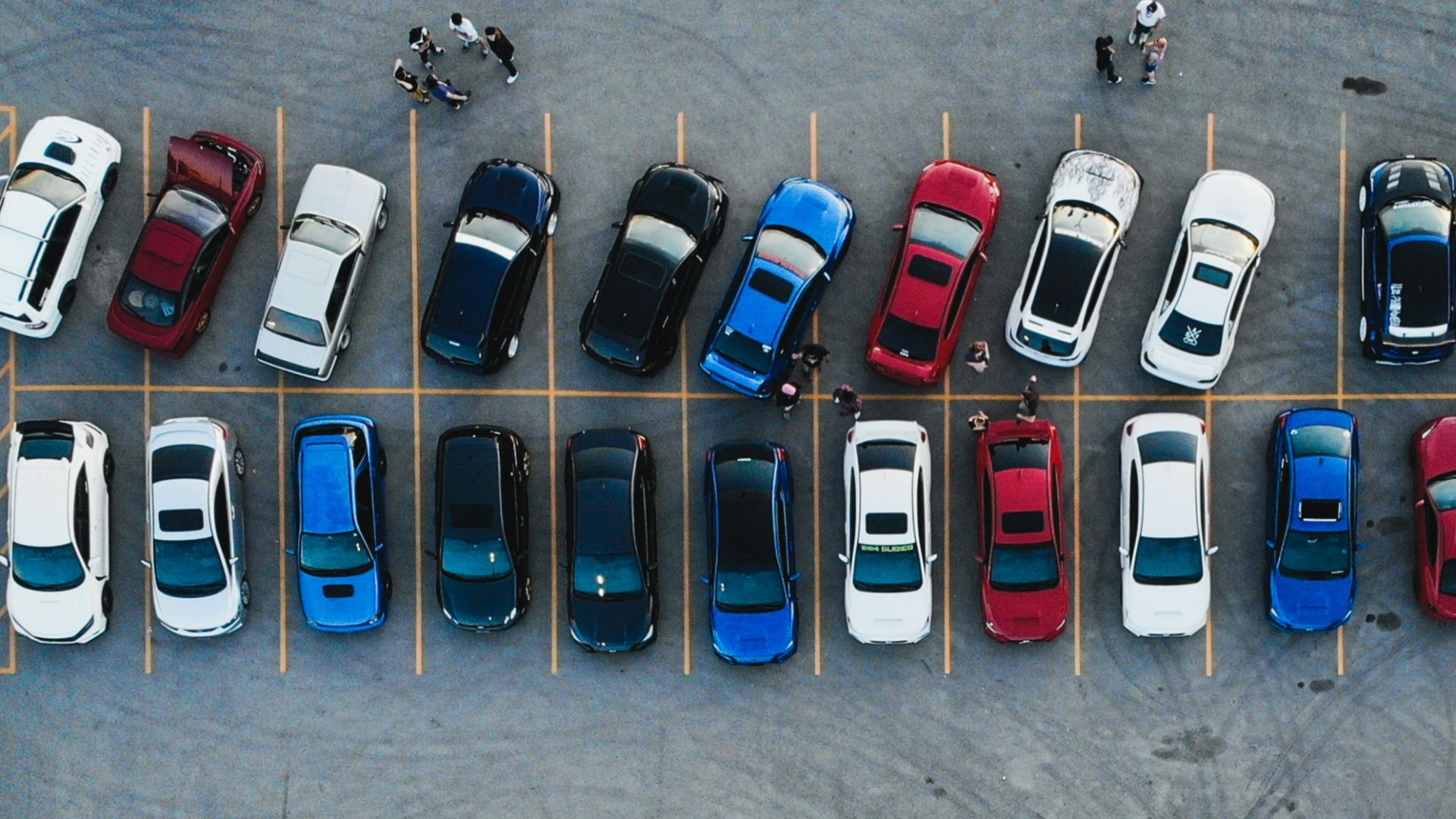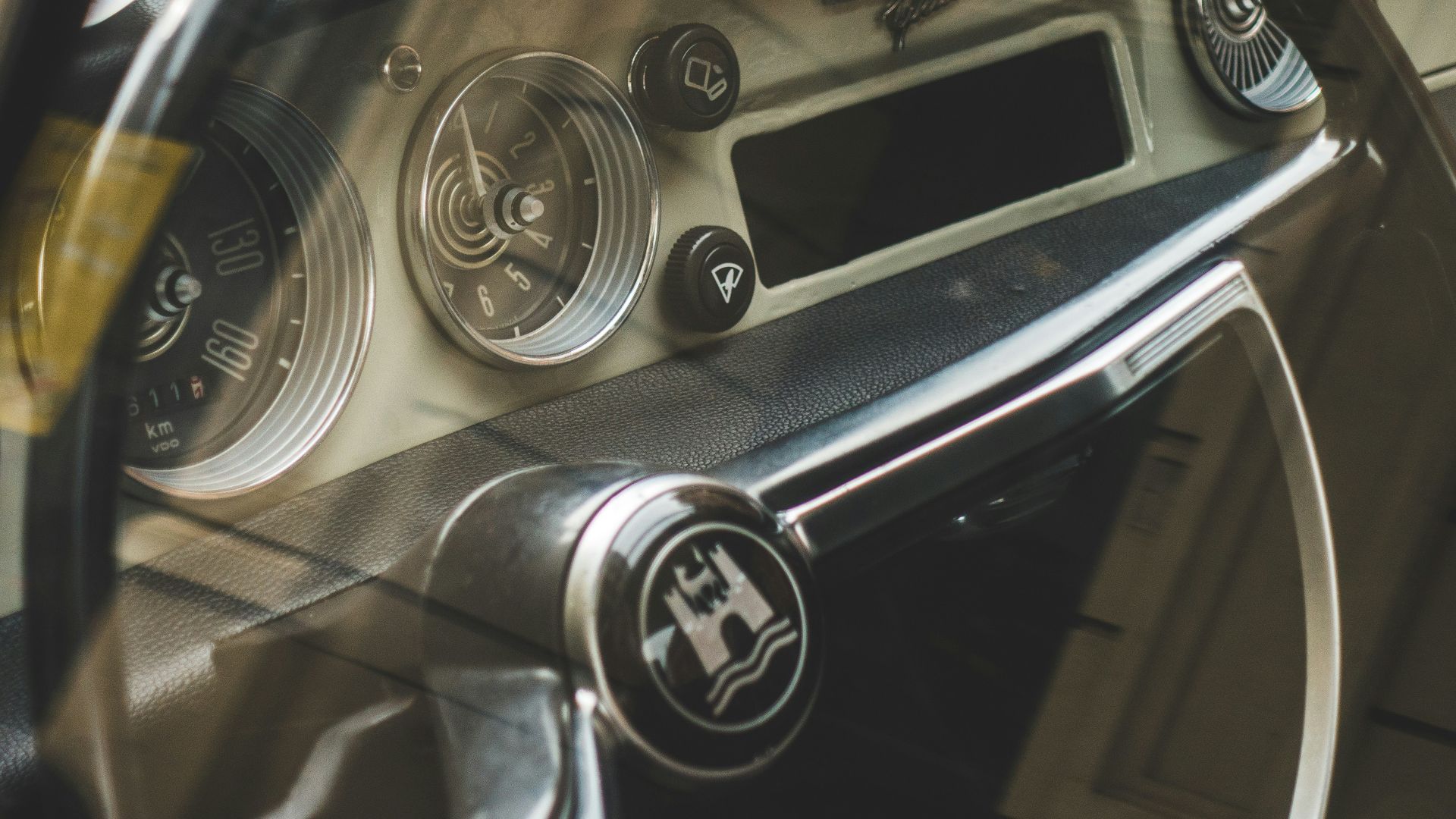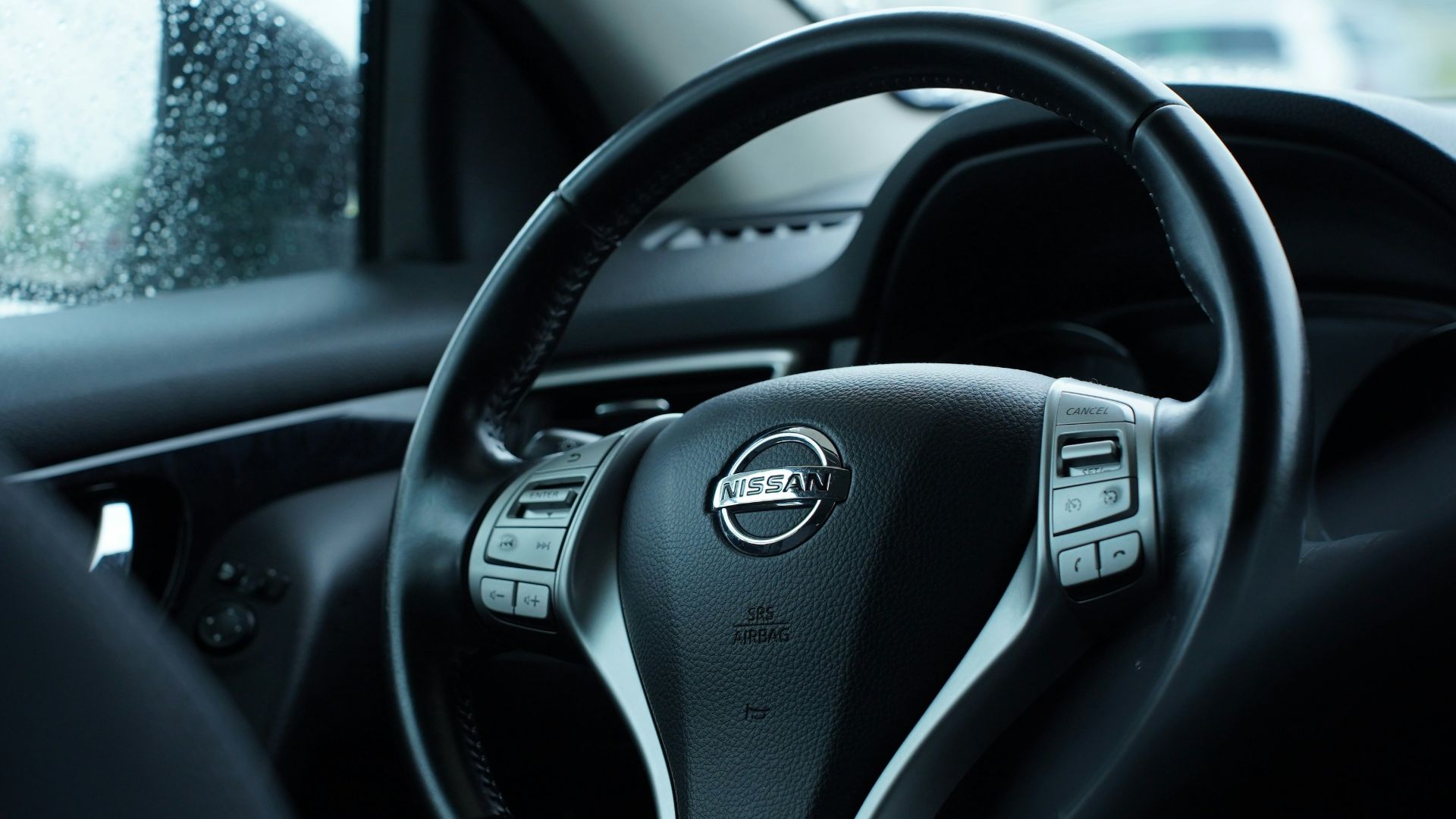Tips & Tricks To Make The Most Of Your Road Trip
Planning a road trip to Europe? Awesome! However, there are a few things you should know before looking into rental cars and travel vaccines. Driving through Europe isn't quite like driving through America; for starters you'll be passing through different countries. Don't worry, these tips will ensure smooth sailing...er, driving.
1. Keep To The Right
Only a handful of countries actually drive on the left, so you won't have to worry about driving on the wrong side of the road. In fact, if you stick to continental Europe, there won't be a learning curve at all. Only the UK, Ireland, Malta, and Cyprus drive on the other side of the road.
2. Learn The Signs
Many of the road signs in Europe are different than the ones you're used to, so brush up on common ones before you start your trip. Don't expect them to stay the same throughout countries either, even if they're in the same region. The last thing you want is to land a hefty fine for not knowing the rules of the road.
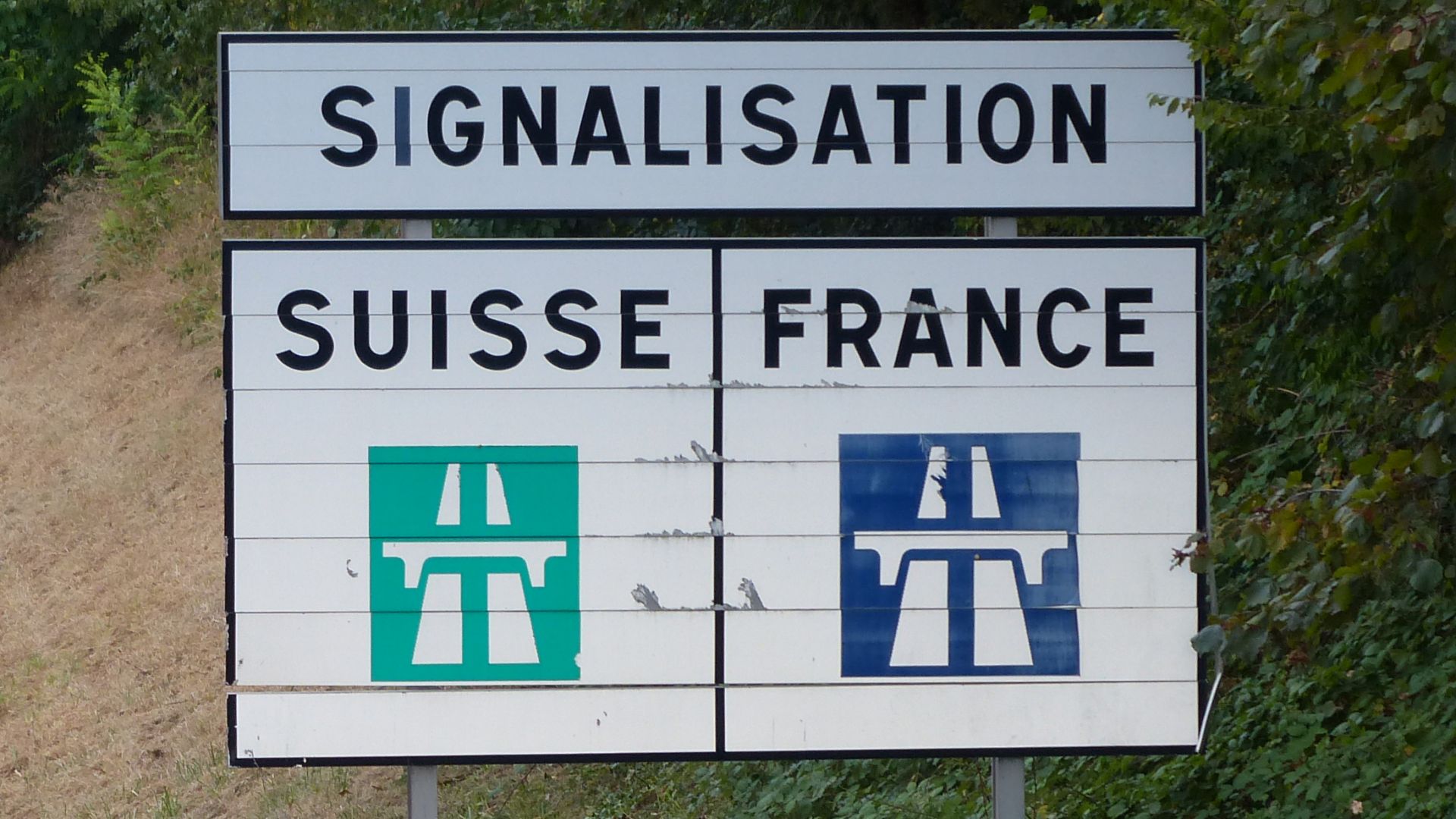 Marc Mongenet; Coords by User:Martinvl on Wikimedia
Marc Mongenet; Coords by User:Martinvl on Wikimedia
3. Avoid City Centers
City center are headaches waiting to happen. Not only are they guaranteed to be busy, but the older the city, the more likely you are to encounter narrow lanes and cobblestones. If you're going to go into the city, we recommend using public transit which is cheaper, faster, and more reliable than American public transport.
4. Tolls Save Time
If time is of the essence, then toll roads are your friend. Generally, the toll road will be the fastest way from point A to point B, especially in France. Just make sure you watch out for fees as they can really add up.
5. But Tolls Skip The View
However, if you want the journey rather than the destination to be the centerpiece of your trip, skip the tolls. Not only will you save those precious Euros, but the road less traveled is often the more beautiful way. Veer off major highways and enjoy spectacular views.
6. Adjust Your Headlights
Americans are enamored with retina-burning LED headlights; Europeans aren't. Reusable headlamp converters are stickers that you can put over your headlights to avoid blinding other drivers. Certain countries also have specific rules about headlight usage.
7. Use Roundabouts Correctly
If you're an avowed roundabout hater, then maybe you should rethink your travel plans. Either that, or brush up on your roundabout etiquette, which is typically the same as in America. Again, if you're in a country that drives on the other side of the road, you should enter the roundabout on the other side.
8. Keep A Travel Pack
Same as back home, you should never drive without your license and registration. However, this is a little more important when traveling abroad. Make sure you have copies of your travel documents such as passports, visas, and insurance in your car just in case.
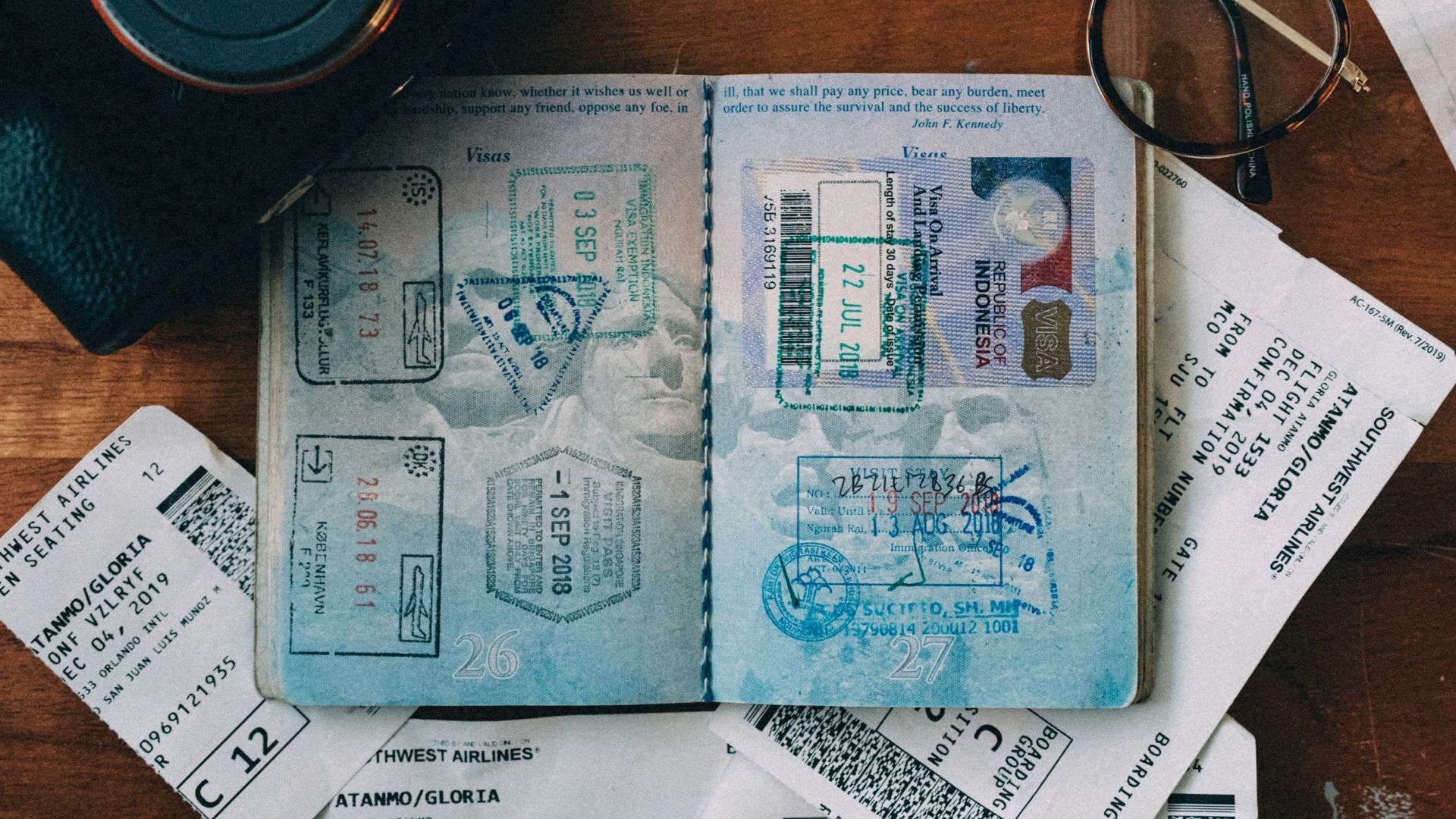 Kit (formerly ConvertKit) on Unsplash
Kit (formerly ConvertKit) on Unsplash
9. Mind The Speed Limit
Speed limits are fickle things. They vary by region, by country, and even by weather in France, so make sure to check your need for speed. Also, you'll be driving in kilometers not miles.
10. Check Red Light Turns
Red light right turns are not accepted in most countries. Unless there are specific signs or signals that are clearly posted, it's best to assume that turning on a red is illegal. Don't ruin your trip with an overseas felony.
11. Upgrade Your GPS
If your rental agency offers you the option to upgrade your car's GPS, take it! It may set you back a little, but we promise it will be worth it when you aren't lost in the Alps somewhere. Also, most GPS models will tell you the speed limit as well as traffic and accidents.
12. Gas Will Cost You
It's easy to let currency conversions mislead you. However, gas is one area where Europe really is more expensive even with the conversion rate. This is another reason why you should upgrade your rental car; better fuel efficiency means fewer stops to fill up.
13. Watch For Tunnels
Tunnels in Europe can be deceptively long. We're talking 15 miles in the case of Norway's Lærdal Tunnel, the longest in the world. Long tunnels can be disorienting and claustrophobic, so keep your sunglasses off and lights on.
14. Stay Defensive
One of several pieces of driving advice applicable to wherever you are in the world. We're not going to lie to you, depending on where you're headed, some countries have earned their reputations for poor driving. Brush up on your defensive driving and prepare for driving styles you aren't familiar with.
15. Stay Sober
This is a good rule of thumb to obey when driving anywhere, anytime. However, be especially careful abroad. While many European countries have large drinking cultures, they also have less tolerance for intoxicated driving and accept a lower BAC behind the wheel.
16. Insure Your Rental Car
Renting a car can feel like jumping through endless hoops. It doesn't help that insurance agents tend to relish in scaring you when they explain how a single scratch will cost you the entire car. If you're lucky, your credit card will offer better insurance protection than the rental place; look into this in advance.
17. Parking Isn't Free
Well, of course parking isn't everywhere everywhere in Europe, it isn't free everywhere in America either! In this case, we're specifically talking about hotel parking, another hidden fee that will quickly add up. If there's free street parking near the hotel, opt for that over an attached lot.
18. Emergency Kits Are Mandatory
We hope you won't have to use your car's emergency kit, but they are mandatory in many country. The minimum requirements are usually a high-vis vest for everyone along with a warning triangle. These requirements vary by country; better be safe than sorry.
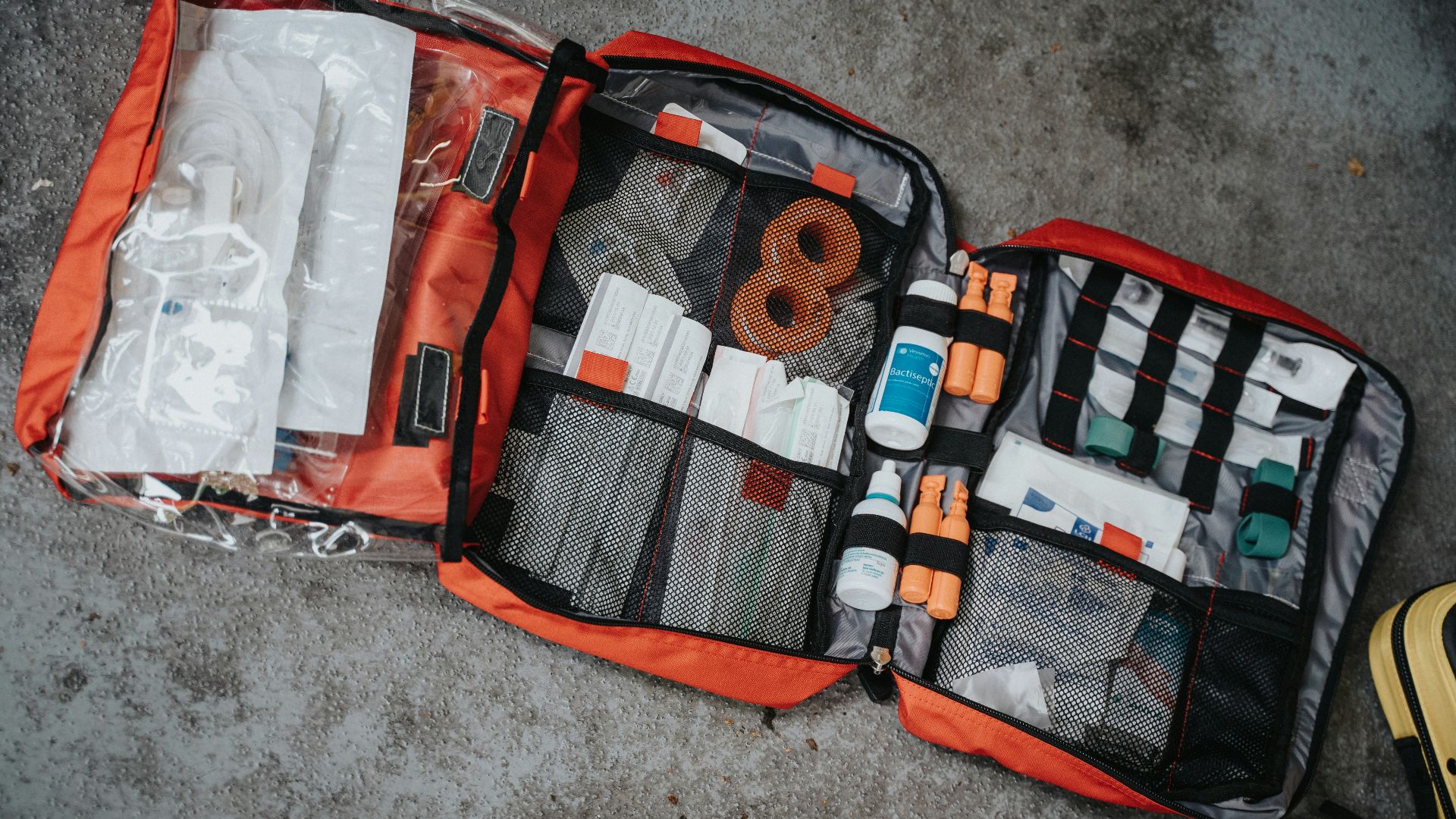 Mathurin NAPOLY / matnapo on Unsplash
Mathurin NAPOLY / matnapo on Unsplash
19. Ease Off The Horn
While European drivers can be aggressive, they can be aggressive in different ways. While honking as a means of expressing every single emotion under the sun is accepted in southern Europe, it isn't the case in northern Europe. In fact, it's illegal in Vienna and in the vicinity of Austrian hospitals!
20. Brush Up On The Rules
There are far more rules and nuances to driving abroad than we could hope to encompass in this article. If you're concerned or confused about something, the best practice is to do your research. Whether this means asking friends who've made similar trips or posing a question to Redditors who live in your country of choice, either way, you'll feel better for asking.


